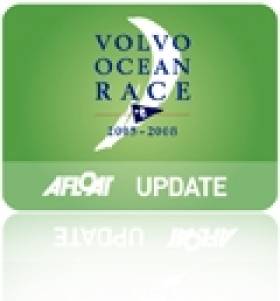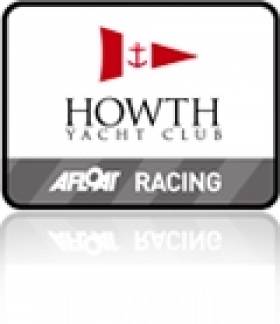Displaying items by tag: NCB
Legends on Show in Alicante, Photos by Rick Tomlinson HERE!
#LEGENDS REGATTA –This week's 16-boat 'legend' fleet racing in Alicante is a far throw from the six-pro teams waiting for this weekend's VOR start proper but everyone in the Spanish port knows that it is the cross-section of old ketches to International Offshore Rule (IOR) designs and right up to the 70-foot sleds of the present era is what has given birth to the modern €10 million race.
Ireland is featuring prominently in this 'oldies' race. Although there's no sign of NCB Ireland from 25 years ago there's plenty of Irish sailors in attendance for a proper celebration with Joe English, Harry Cudmore, Killian Bushe, Bob McCarthy and Enda O'Coineen leading the charge.
Rick Tomlinson's stunning photos of the Legend's regatta are below.
Joe English Lunch in Howth Yacht Club
Howth Yacht Club is staging a lunch to help Round the World skipper Joe English who has been diagnosed with Alzheimers disease according to a note on the club website.
Coming from a career in sailing that started in 1976 in North Sails' Kinsale loft, Joe is probably best known for his role as Skipper of NCB, the Irish maxi yacht which competed in the 1989 Volvo Ocean Race.
He also took over as Skipper of Toshiba in the 1997 race. More locally, Joe was an innovator in the Cork 1720 project in conjunction with Tony Castro.
In recent years, Joe has been diagnosed with Alzheimer disease at a very young age and recently featured in a Prime Time documentary on RTE on the subject. A charitable trust has been launched to help Joe and his family over the coming years and this year's HYC Christmas lunch is to benefit this worthy cause.
The lunch is on Friday, 10th December






























































